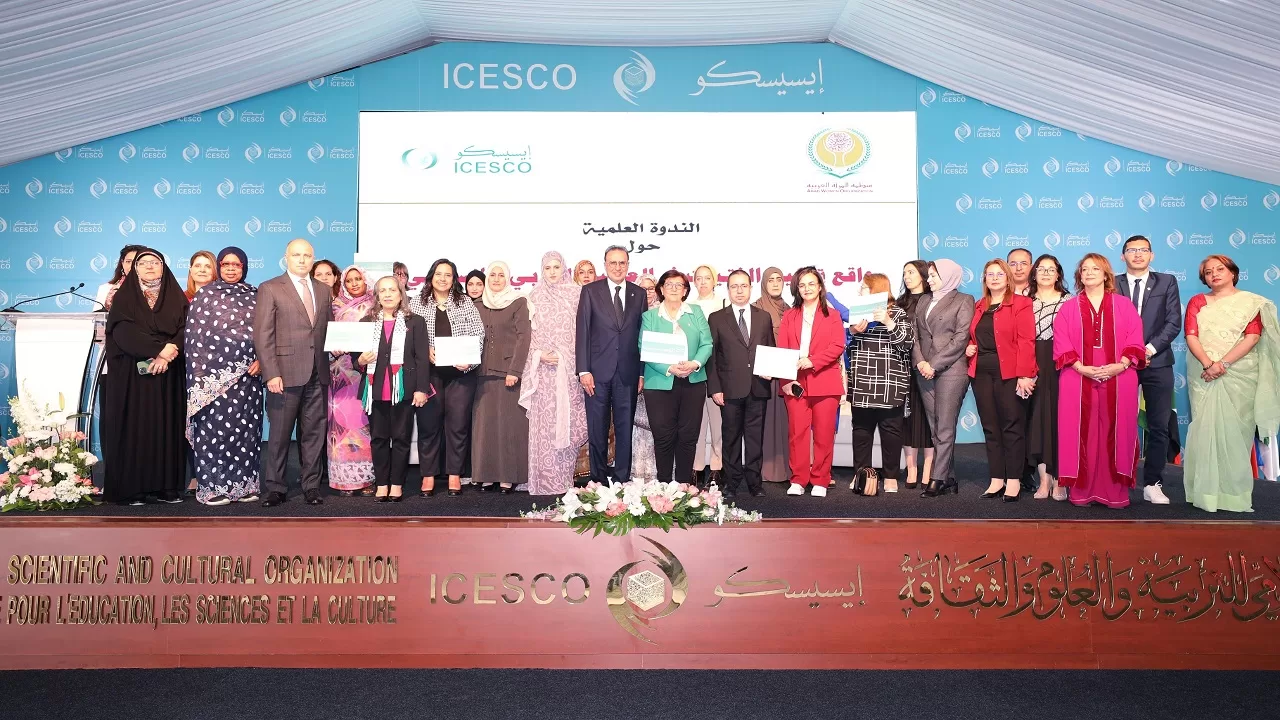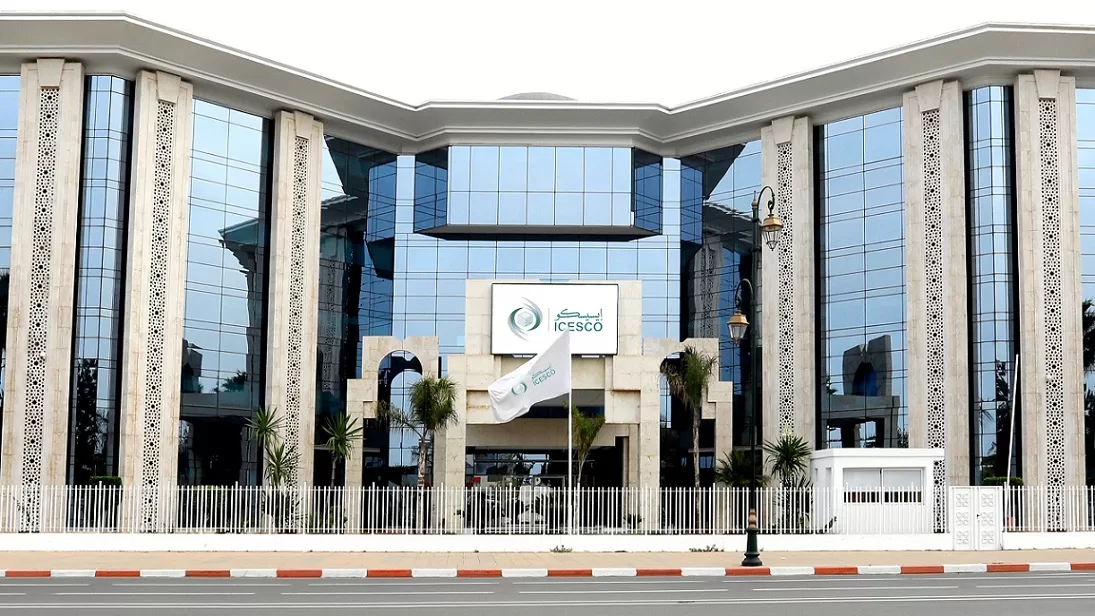
On International Day of Education: ISESCO calls on Member States to develop their education systems to achieve SDGs by 2030
25 January 2019
Rabat: 23/01/2019
On International Day of Education: ISESCO calls on Member States to develop their education systems to achieve SDGs by 2030
In 2019, the world celebrates the first International Day of Education, pursuant to a resolution adopted by the UN General Assembly on 3 December 2018 proclaiming 24 January as International Day of Education, in celebration of the role of education for peace and development.
On this occasion, the Islamic Educational, Scientific and Cultural Organization (ISESCO) released a statement wherein it stressed that the education sector in today’s world assumes a tremendous responsibility and plays a major role in achieving sustainable development, building knowledge societies, strengthening social cohesion, and pushing towards the implementation of Sustainable Development Goals (SDGs) by 2030. It also pointed out that education in the Islamic world faces many challenges, the most urgent of which consist in preserving education’s principal role of meeting the domestic needs and priorities of countries and preserving their peculiarities; and drastically rethinking and reforming education plans, institutions, programmes and action mechanisms, to meet the global quality standards and competitiveness requirements now imposed by the systems of education, training and knowledge and technological production in developed countries.
Moreover, the statement underscored that Islamic countries can handle the rising domestic developmental challenges and external cultural, economic and political ones only if they develop cooperation and complementarity mechanisms between their education systems and with specialized regional and international organizations to activate the roles of education in various areas of creativity and production, and actively engage with the international community to achieve SDGs by 2030.
In the same vein, ISESCO stated that despite the deployed efforts and resources, the education sector in various Islamic countries still faces structural problems that reduce its role in economic development, social peace and stability. It added that education systems in many Member States are marked by discontinuity, delayed completion of education processes, plans and reforms that are subject to recurrent setbacks at implementation stage, which, in turn, undermines the credibility, effectiveness and capability of such systems to address existing challenges.
By the same token, the statement highlighted that pedagogical methods and curricula in many Islamic countries often opt for instruction-based methods, which do not give much importance to subjects that inculcate aesthetic taste, human conscience and develop health and civilizational behavior and legal and legal awareness, including art subjects like music, painting, drama, poetry, and subjects of health, nutritional and physical education, and rights awareness, such as education on human, citizenship rights, and other human rights.
ISESCO also called on Member States to develop their educational systems to meet their commitments regarding the implementation of Goal 4 of the SDGs for 2030: “Ensure inclusive and equitable quality education and promote lifelong learning opportunities for all”; and draw on the contents of the “Strategy for the Development of Education in the Islamic World”, prepared by ISESCO and adopted by the First ISESCO Conference of Education Ministers, while emphasizing its unshakable commitment to sustain its support to Member States’ efforts to advance their education sectors expressed in its Medium-term Strategic Plan (2019-2027) and Three-Year Action Plan (2019-2021).
In the same vein, ISESCO recommended renovating Member States’ educational systems, avoiding the failure to meet their commitments in the educational field, reducing the gap between their formulated policies and actual situations of education so as to move to the creative, innovative, and knowledge economy-based educational system to cater for society’s needs and the labor market’s requirements, and effectively contribute to addressing society’s issues.
Besides, ISESCO called for activating the role of education in entrenching common human values; promoting tolerance, openness and coexistence with the Other; educating citizens on citizenship obligations and their responsibilities toward society through the promotion of the concepts of dialogue, tolerance, coexistence, and respect for the Other in the educational materials; and strengthening Islamic and human principles of moderation, middle stance, mutual understanding, rapprochement and brotherhood in the curricula.
Moreover, ISESCO stressed the need to provide cost-effective and highest-return possible opportunities of quality education for all in various circumstances through institutionalizing the systems likely to ensure the comprehensive and sustainable utilization of information and communication technologies (ICTs) in various sectors and stages of education, and mainstreaming them to the educational system’s components in cities, villages and rural and remote areas.
The Organization also called for enlarging the scope of preschool education to include early childhood education; promoting the appropriate role and position of women in school textbooks as they cooperate with men in achieving human development; standardizing the educational system of children with special needs and ensuring their integration into ordinary educational systems; and activating the roles of education in addressing modern problems hindering civilizational progress such as illiteracy, brain drain, poverty, unemployment, environmental deterioration, and biased media outlets that stoke the ethnic and sectarian strife.
Furthermore, ISESCO recommended increasing inter-state aid volume in various educational fields, particularly literacy, adult education, vocational and technical training, higher education and scientific research; and intensifying regional and international cooperation among organizations active in education so as to achieve coordination and complementarity of their projects.
ISESCO concluded that educational policy makers in the Islamic world should have firm belief in and deep awareness of the potential and vital roles of Islamic joint action in promoting national educational systems and make of them a locomotive for turning societies into world influential powers.




